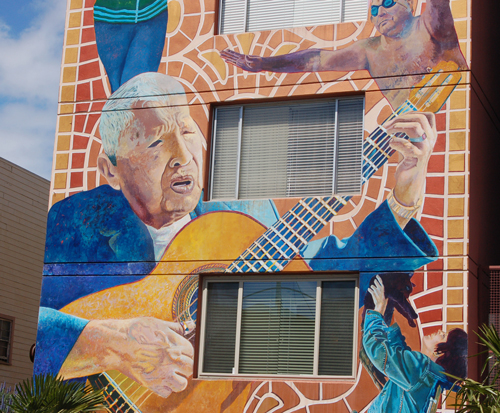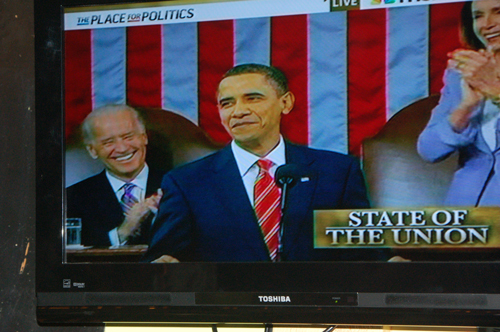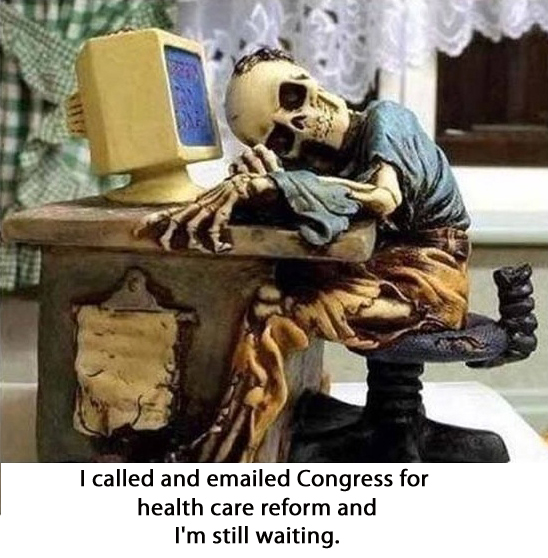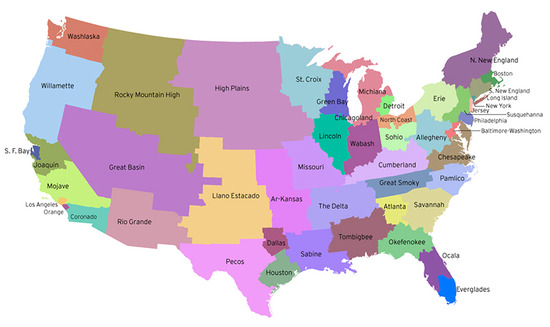
Bumping along in a public bus over the pampas in Chile and Argentina over Christmas (a great form of travel; very comfortable), I read Senator Edward Kennedy's posthumously published memoir
True Compass as an audiobook. It was a good way to encounter Kennedy's story -- and my idea of easy travel reading.
I should preface this by admitting that I've never been much of a Kennedy fan -- or even someone who thought of Ted Kennedy as a progressive champion. Despite my own last name and long-gone forbears, I don't like the dynasties in U.S. politics. And in comparison to his brothers whose times I do recall, "Teddy" never seemed more than the young pretender. Add to that, he kept getting into woman trouble. My lack of much sense of Kennedy probably had a good deal to do with being in California -- perhaps if I'd been an Easterner I'd have had a more nuanced sense of him.
Anyway, in consequence,
True Compass contained a lot that was new to me. His childhood sounded, by turns, wonderfully supportive and just utterly awful for the last little boy in that enormous, hyperactive, striving family. It was a revelation that young Teddy was molested as a schoolboy; notably, he specifically describes the cruel acts a teacher inflicted on other students, but not what was done to him. Some details were too awful to reveal, even at the end.
I was very struck that, writing last year, Kennedy still presented 1963 -- the year President Jack Kennedy was killed, as a kind of fulcrum in his life. It took many further years, another murdered brother, a failed presidential run in 1980, a broken marriage, and standing up against Ronald Reagan's disdain for using government to improve ordinary life, before he came into his own.
In
True Compass, Kennedy movingly records how, as late as 1994, the family legacy of achievement and tragedy inhibited him from claiming his own successes. In that year, he defeated the most serous challenge he ever faced for the Massachusetts Senate seat, one from Mitt Romney (these guys recur). In a spirited campaign he overcame voters' feelings that he had left their concerns to become a remote, liberal Washington pooh-bah, no longer a good Irish Catholic boy from white Boston. It took his second wife, Vicki, forcefully reminding him that he had won the campaign himself, not his family, for him to be able to feel the fullness of a difficult achievement.
Through a long career, he was there for a series of causes that needed a supportive Senator who was good at moving things through that dysfunctional legislative body. He was solid on civil rights, Native American concerns, women's rights (including choice) and gay rights long before it was commonplace for Democrats to say all the right things. Because he scarcely had to campaign to hold his seat, he had the opportunity to learn how policy works -- how to govern. That's more of a rarity than we realize in politicians; many never get the chance to dig into the jobs they scrap so hard to win.
Kennedy seems to have been a "yes we can" sort of person throughout, even when his personal life was a mess. He believed the duty of people in office was to inspire. In this respect, his assessment of Ronald Reagan expressed his deepest beliefs. Though he acknowledges that many revered him, Reagan "did not meet the ultimate criteria of greatness. .. he led the country in the wrong direction, sensing and playing to its worse impulses ..." He cites Reagan's kow-towing to Southern white racism and his scolding "phantom welfare-queens." Kennedy believed there was a better way to lead:
Experience has taught me that genuine, principled leadership can persuade our people that their enlightened self-interest lies to the left. The historic gains of the New Deal, the New Frontier and the Great Society attest to that. I maintained my conviction that the working class majority forged by Roosevelt remained our best hope for justice and progress.
I have to admit, I wish I could hear a much better communicator, Barack Obama, say that so forthrightly. Maybe it took the assurance of a Massachusetts patrician to speak so clearly about class.
True Compass is too long, too detailed in places. I don't know if I would have got through it in print; there's more in it than I really wanted to know about Edward Kennedy's personal insecurities, especially as recounted with a mature distance from them. It is self-indulgent in places. Maybe if Kennedy had been more healthy, it could have been edited more tightly.
But I'm glad to have read the book. Kennedy was a better, more complicated man and politician than I ever realized. We already miss him in the dreadful Senate.










































